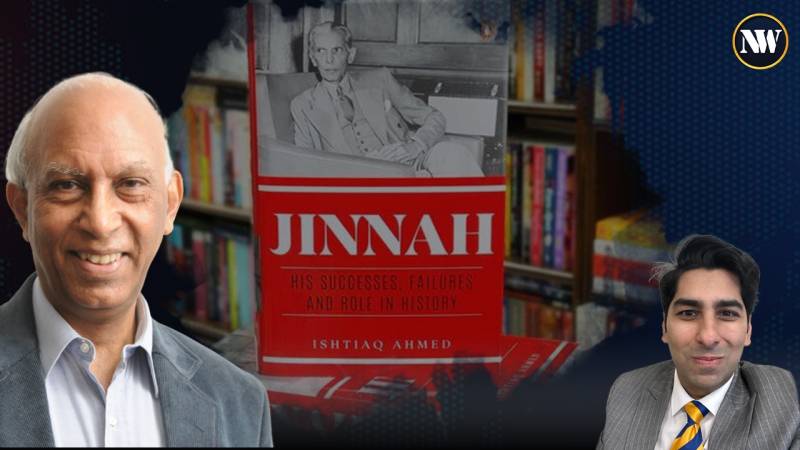Pakistan, a nation born out of a struggle for self-determination and identity, has traversed a complex political landscape since its inception in 1947. From its early days under the leadership of Mohammad Ali Jinnah to its current political impasse, Pakistan's political history has been marked by both achievements and challenges. Dr. Ishtiaq Ahmed explores the evolution of Pakistan's political trajectory, from Jinnah's controversial decisions to the present-day issues that continue to shape its democratic landscape.
The founder of Pakistan played a pivotal role in shaping the destiny of the newly created nation. However, his decisions also laid the groundwork for some of the challenges Pakistan faces today. Jinnah's choice to assume the role of governor general rather than prime minister, in a parliamentary democracy, marked a departure from democratic norms. This decision concentrated power in his hands and set a precedent for future autocratic tendencies.
Jinnah's belief in a centralized authority led to the dismissal of elected governments and a lack of a constitution during the initial years. His authoritarian approach and the contradictory messages he conveyed to different sections of the population created a legacy of confusion and contradictions, impacting Pakistan's political development.
Jinnah's charismatic leadership style exhibited elements of populism, a trend that would reappear in subsequent leaders. While Jinnah's populist stance was rooted in his belief that Pakistan's success rested on his shoulders, this approach also marginalized democratic principles. This populist thread continued with subsequent leaders, most notably in the cases of Zulfikar Ali Bhutto and Imran Khan.
Bhutto's rise to power was characterized by a cult of personality and a vision of saving Pakistan at any cost. His populism, as reflected in his "If I am Assassinated" statement, underscores the idea of a single savior figure responsible for the country's fate. Similarly, Imran Khan's leadership has exhibited populist tendencies, promising to lead Pakistan on the path of progress and transformation.
While India's democracy thrived and consolidated after independence, Pakistan's democratic journey was marred by instability and interruptions. The nation's checkered history of military takeovers and political crises has hindered the establishment of a stable democratic order. The lack of a consensus on a constitution, the frequent dismissals of governments, and the manipulation of power by non-elected institutions have all contributed to Pakistan's democratic challenges.
Islam has played a significant role in shaping Pakistan's political landscape. Jinnah's vision of a state for Muslims led to the integration of Islamic principles into politics and governance. However, this fusion of religion and politics has often created tensions and complexities. The struggle to define an Islamic democracy that respects individual rights while adhering to religious principles has been an ongoing challenge.
Today, Pakistan faces a multitude of challenges in its democratic journey. The rise of extremism and religious fundamentalism has resulted in the imposition of controversial laws, such as the blasphemy law, which have had dire consequences for religious minorities and freedom of expression. Political instability, economic struggles, and security concerns further compound the challenges faced by the nation.

